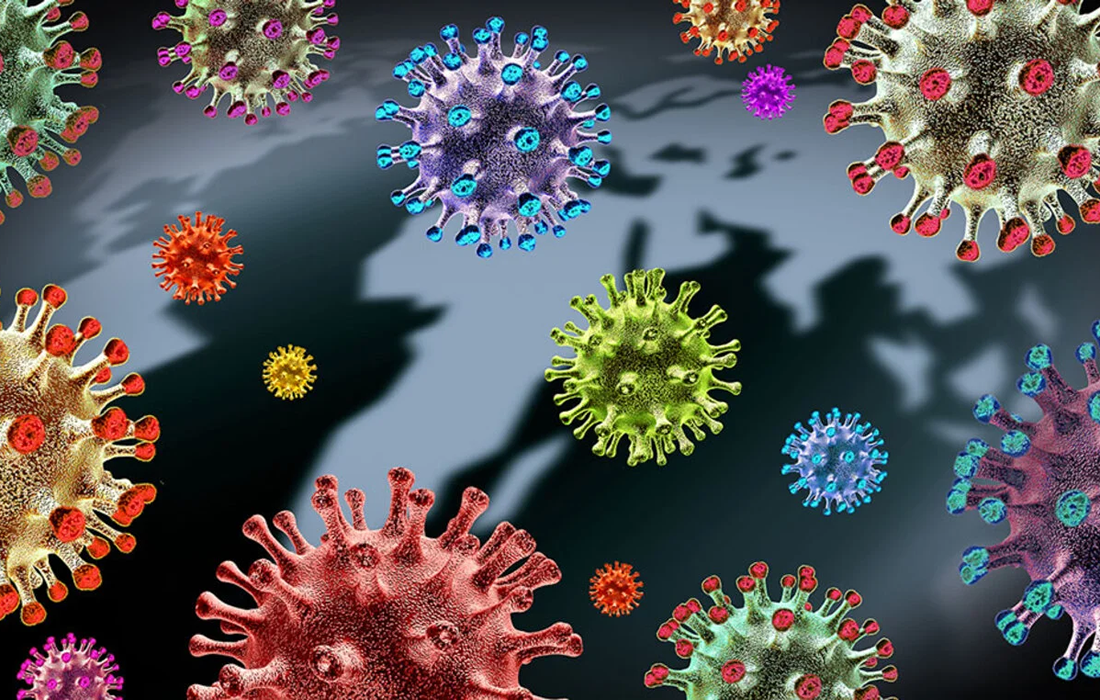COVID-19
Does Omicron Cause Less Lung Damage?
A new study led by researchers from the LKS Faculty of Medicine at the University of Hong Kong provides the first information on how the novel variant of concern of SARS-CoV-2, the Omicron SARS-CoV-2 infect the human respiratory tract.
The researchers found that Omicron infects and multiplies 70 times faster than the Delta variant and original SARS-CoV-2 in the human bronchus, which may explain why the virus may transmit faster between humans than previous variants.
The study also revealed that the infection in the lung is significantly lower than the original SARS-CoV-2, which may be an indicator of lower disease severity.
A technique pioneered by Dr. Michael Chan Chi-wai, an associate professor of School of Public Health and Principal Investigator, Centre for Immunology and Infection, has been applied to understand why the variant may differ in transmission and disease severity from other SARS-CoV-2 variants.
The method uses lung tissue removed for treatment of the lung, which is normally discarded, for investigating virus disease of the respiratory tract. The team found that the novel Omicron variant replicates faster than the original SARS-CoV-2 virus and Delta variant in the human bronchus. At 24 hours after infection, the Omicron variant replicated around 70 times faster than the Delta variant.
They also found that the Omicron variant replicates less efficiently (more than 10 times lower) in the human lung tissue than the original SARS-CoV-2 virus.
‘It is important to note that the severity of disease in humans is not determined only by virus replication but also by the host immune response to the infection, which may lead to dysregulation of the innate immune system, i.e. “cytokine storm”,’ said Dr. Chan. ‘It is also noted that, by infecting many more people, a very infectious virus may cause more severe disease and death even though the virus itself may be less pathogenic. Therefore, taken together with our recent studies showing that the Omicron variant can partially escape immunity from vaccines and past infection, the overall threat from the Omicron variant is likely to be very significant.’
Source:
https://www.med.hku.hk/en/news/press/20211215-omicron-sars-cov-2-infection
Image from:

